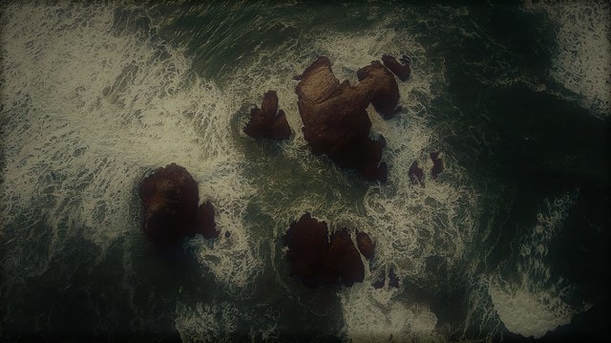|
by Terence Blake We have seen in many posts on this blog (e.g. here) that François Laruelle’s non-standard philosophy represents a significant advance over the naive absolutism that characterises “sufficient” philosophies, including Graham Harman’s idealist object-oriented philosophy and the diverse forms of scientism. By adopting a “quantum” model of thinking Laruelle is able to jettison, at least partially, his long-standing scientism. This scientistic prejudice continued as a grave flaw in phase II and phase III of his non-philosophy, and that persists ambiguously in his phase IV and phase V. Laruelle himself began to see his thought as evolving through different “phases”, and later in Phase V or non-standard philosophy, based on quantum thought, declared that these preceding phases were themselves to be conceived in quantum terms as so many “waves”. The latest wave, non-standard philosophy, was thus considered to be the most inclusive as it allowed Laruelle to conceive his philosophical evolution in quantum terms and as the least scientistic, as his use of the quantum model was open and generic rather than closed and scientific. However, this “wave” view is not enough to guarantee that Laruelle has escaped from all sufficiency and absolutism. Each of these waves, including the last, is highly exclusive of alternative and rival views. Each wave posits the Real as pure immanence in such a way as to demarcate itself from “sufficient” philosophies. Thus each wave is absolute even if it is constituted, if we grant credence to Laruelle’s often grandiloquent claims, on different principles, notably on a principle of non-sufficiency (as against standard philosophy’s putative structuration by the principle of sufficiency). Laruelle’s retroactive re-conceptualisation of these phases as “waves” attempts to nullify the closed nature of the universal structure of sufficiency that he purportedly uncovered as constitutive of philosophy as a thought-form. In particular it introduces, in principle, a degree of the quantum porosity and uncertainty that he appropriates in his most recent phase. Yet this fifth phase of non-standard philosophy, despite its porousness as “wave” and its ambiguous inclusiveness (extended to selected philosophical, scientific, religious, and artistic experimentations), is itself highly exclusive and demarcationist, as Laruelle’s ANTI-BADIOU demonstrates. It is interesting to compare Laruelle’s grandiose claims and exalted self-image with Ken Wilber’s “integral” research programme. Like Laruelle, Wilber divides his own work into five “phases”, and he indicates the presence of waves characterising noetic development. His difference with Laruelle is that for him waves are no guarantee against sufficiency and closure, but contain their own specific danger of “wave absolutism”, stigmatising other waves in the name of an exclusionary Real. The Article is taken from:
0 Comments
Leave a Reply. |
Steven Craig Hickman - The Intelligence of Capital: The Collapse of Politics in Contemporary Society
Steven Craig Hickman - Hyperstition: Technorevisionism – Influencing, Modifying and Updating Reality
Archives
April 2020
|

 RSS Feed
RSS Feed
